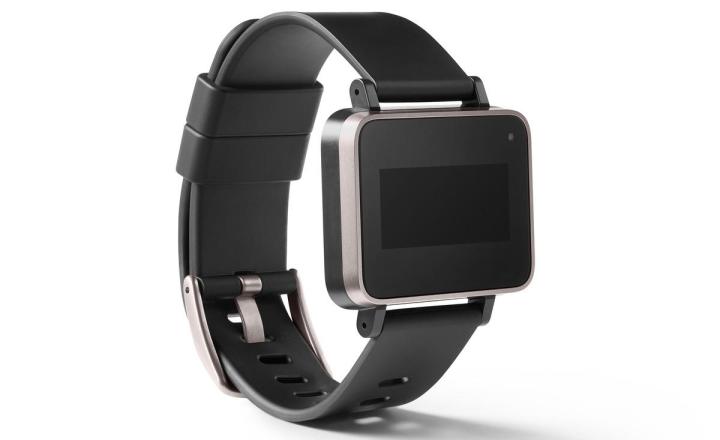
The device is a product of the company’s Google X labs, which often produces the most futuristic and intriguing projects at Google. It’s a wristband that measures pulse, rhythm, and skin temperature, in addition to surrounding conditions such as light exposure and noise levels. The idea is to constantly track the wearer’s vital signs to determine how the patient is doing. All the data collected with the band will theoretically be shared with doctors and researchers, so as to help them diagnose and prevent illnesses, as well as conduct clinical trials.
“Historically, doctors do everything — patients just need to turn up at the trial site,” Kara Dennis, managing director of mobile health at data analytics firm Medidata, told Bloomberg. “Now, we’re asking patients to take on a meaningful responsibility in gathering information.”
More a “medical device that’s prescribed to patients” than a product bound for consumer wrists, Google’s working with institutions and pharmaceutical companies to test the wearable, head of life sciences team at Google Andy Conrad told Bloomberg in a telephone interview. The company hopes to obtain regulatory approval in the U.S. and Europe, and may look for a manufacturing partner in the coming years.
Conrad believes the device, or one like it, has enormous implications for health. In the short term, it might help researchers record data more precisely, but its biggest potential lies in ubiquity. “I envision a day, in 20 or 30 years, where physicians give it to all patients” to catch early signs of disease, he told Bloomberg. “Prevention means all the time.”
The smartband isn’t Google’s first foray into the wellness world. Google partnered with Swiss healthcare firm Novartis to manufacture its glucose-detecting smart contact lens for diabetics, and last June, kicked off Baseline, a large-scale study aimed at identifying the genetic and molecular traits that make up a “perfect healthy human.”

